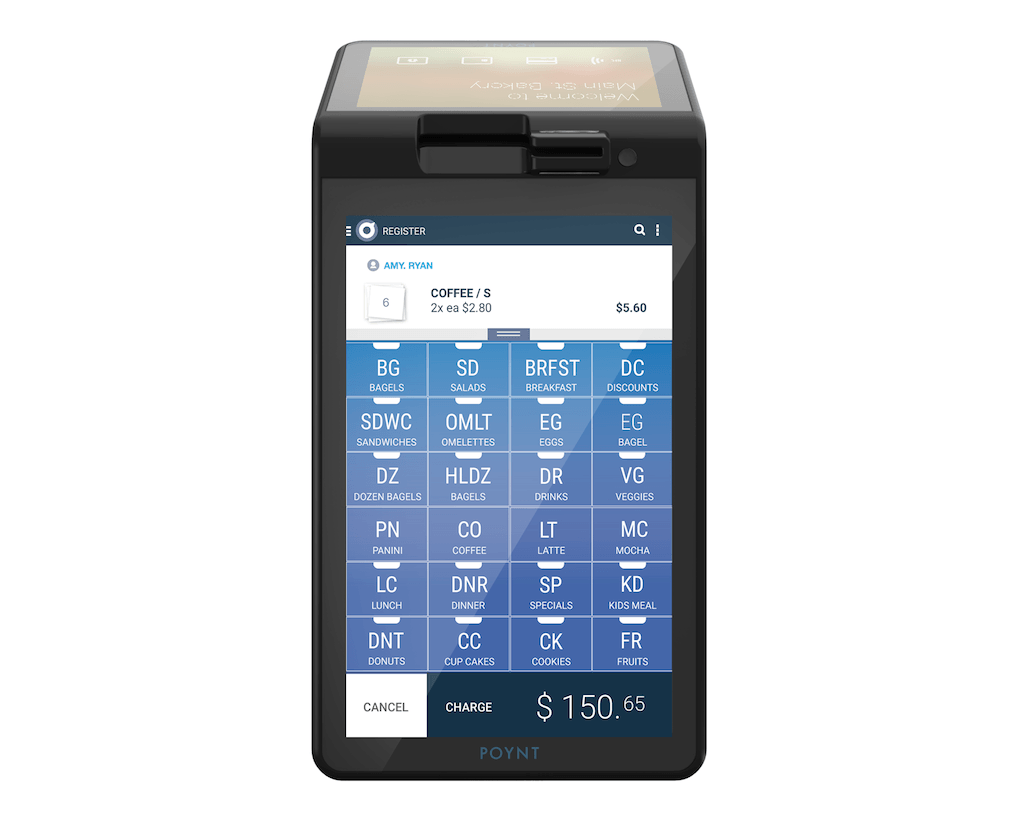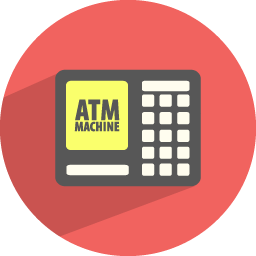Types of SBA Loan and which one is the best for you?
Getting an SBA loan requires a proper planning and strategic approach. The first thing to know is that it usually is of two types. SBA 7(a) loan can be used for general business purpose while CDC/504 loan can be used for asset addition. Another kind of loan is Microloan program classified for small or new businesses with a valuation less than $50,000. If you are not sure regarding the choice of loan for applying, then reach out to us and will be happy to assist you. We also provide assistance regarding grading up the business so that it becomes eligible for an SBA loan.
Fee Structure
For the 7(a) SBA Loan Program, depending on the maturity of the loan and dollar amount guaranteed, a guarantee fee might be included in the total cost of the loan. Sometimes this fee is paid by the lender but in other cases , a borrower needs to pay that. It is 0% for the loan valuation below $150,000 and reaches up to 3.5% for over $700,000. Additional fee of 0.25% is added on to the guaranteed portion over $1 million. The interest rate can be fixed or variable. If loan term is below 7 years then it can reach up to 2.25%. If loan term is more than that then it goes up to 2.75%.
For CDC/504 SBA Loan Program, a fee involved is 3% of loan amount with can be financed with the loan itself. Also around 10% of your purchase needs to be put down to secure this type of financing. Interest rate varies between 5 - 6% and the information gets cleared after 45 days from the date of financing. The loan consists of two sections. One section is financed by the bank which is 50% of the amount and another one is facilitated by Certified Development Corporation which is 40% of the amount. The maturity term varies from 10 and 20 years.
For Microloan Program, fees are none. Interest rates vary between 8% and 13%. The maximum term of repayment is 6 years. Within this limit, the repayment may vary depending on the loan amount. Monthly charges are involved in it. Based on this information we would like you to know that securing an SBA loan is a tough process and it takes a lot of time. But it is beneficial for your small or new business. The choice is yours. You can contact us to know more.A small business loan is essentially a way of financing your business when you would otherwise be unable to. By taking one of these small business start-up loans out from a bank or other financial institution, and then applying for aid from the Small Business Administration (SBA), you can greatly improve your chances of developing a long-lasting company. There are a wide variety of small business loans available, among them, being small business loans for women, veteran’s small business loans, and specialized government small business loans.When a loan is taken out that is SBA approved, this means that should you default on your payments, the SBA will repay a certain portion of the loan for you. By acquiring such a loan, you infuse your company with an influx of much-needed cash while also mitigating the potential risk of forming an unsuccessful small business in today’s economy. Before pushing forward with a loan, it’s important to take a step back and look over your company’s finances as they are. The ratio of money you’ve poured into the company versus the amount of you’ve already taken as loans is heavily considered by investors. Known as the debt to equity ratio, this number (if swinging poorly in one direction) can be the limiting factor in the number of options available to you. Still, even if this number is working against you, there are still ways to make the most out of the situation.


